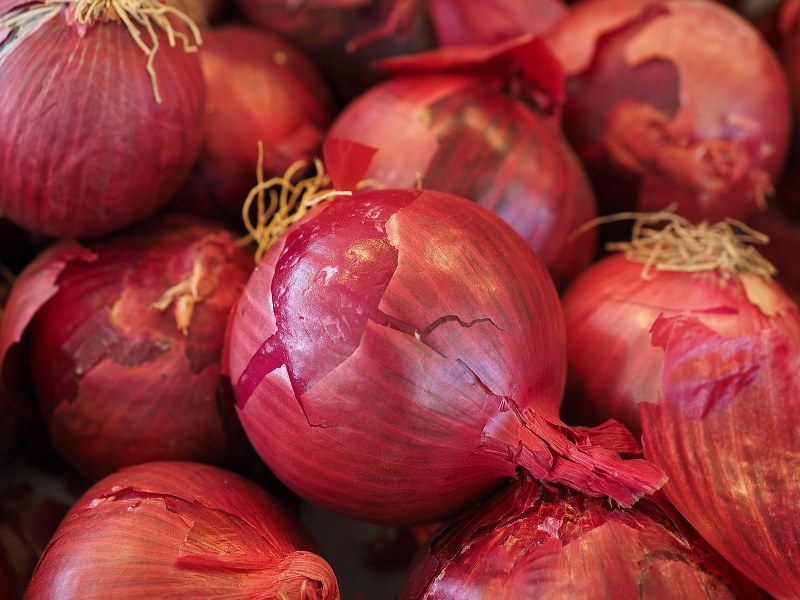
Govt to increase onion supplies to prevent prices from skyrocketing during festive season
New Delhi: The government is set to increase the supply of onions in retail markets to stabilize prices during the upcoming festive season, Moneycontrol reported, citing a senior official from the Consumer Affairs Department.
Initially planning to maintain a buffer stock of 3 lakh tonnes for the 2023-24 season, the government raised it to 5 lakh tonnes due to price surges in August.
Now, with the aim of regulating onion prices, the Centre has decided to further augment the buffer stock to 7 lakh tonnes.
In the previous fiscal year 2022-23, the government maintained a buffer stock of 2.51 lakh tonnes.
As per data from the Consumer Affairs Department, the government has already released 1.74 lakh tonnes of its total stock, primarily in wholesale markets, to mitigate price hikes, the report said.
As Diwali approaches, the government plans to release stocks in retail markets to prevent potential price surges driven by festive demand.
On October 26, the average shop-end price of onions stood at Rs 40 per kilogram, up from Rs 33 a week earlier.
A delay in the arrival of the Kharif red onion crop due to delayed and irregular rainfall in Maharashtra and Karnataka has resulted in scarcity.
The government expects the prices will fall once the Kharif crop starts arriving.
According to government data, there exists a substantial gap between supply and demand, contributing to the price hikes.
Support Our Journalism
We cannot do without you.. your contribution supports unbiased journalism
IBNS is not driven by any ism- not wokeism, not racism, not skewed secularism, not hyper right-wing or left liberal ideals, nor by any hardline religious beliefs or hyper nationalism. We want to serve you good old objective news, as they are. We do not judge or preach. We let people decide for themselves. We only try to present factual and well-sourced news.







